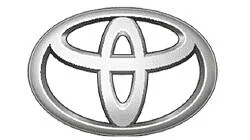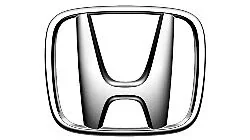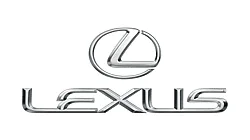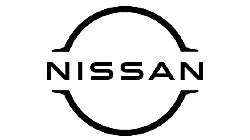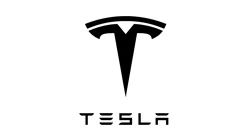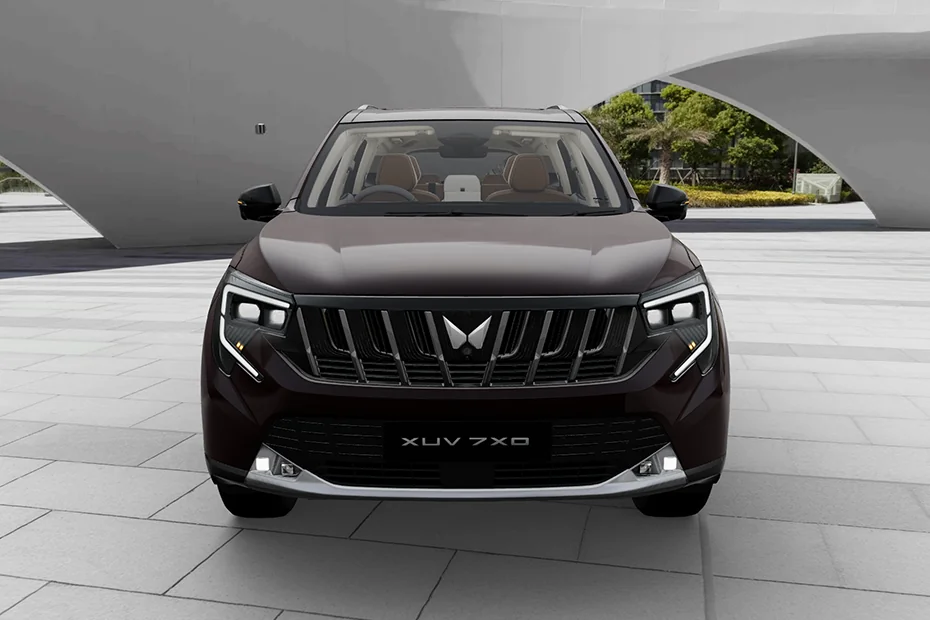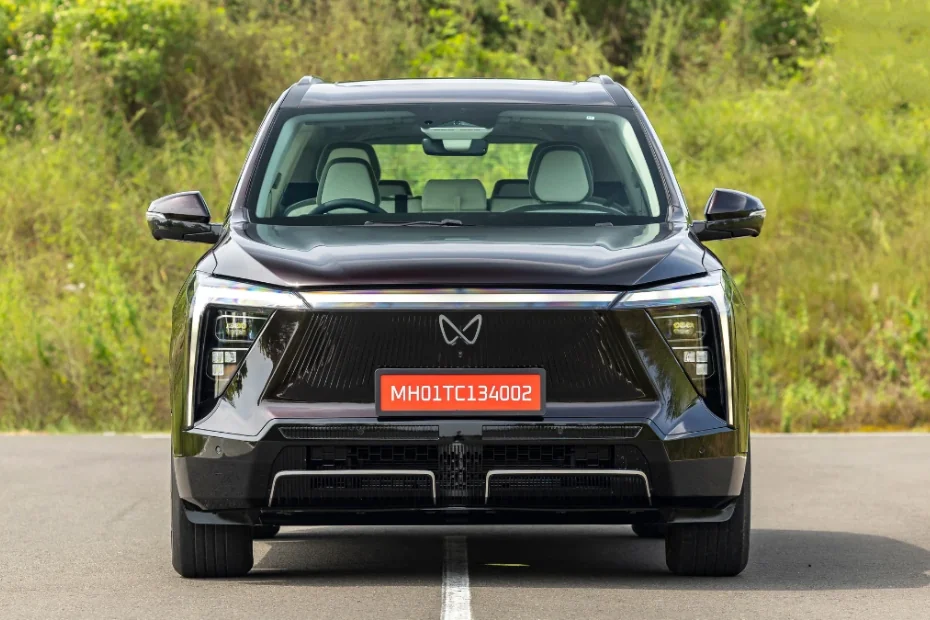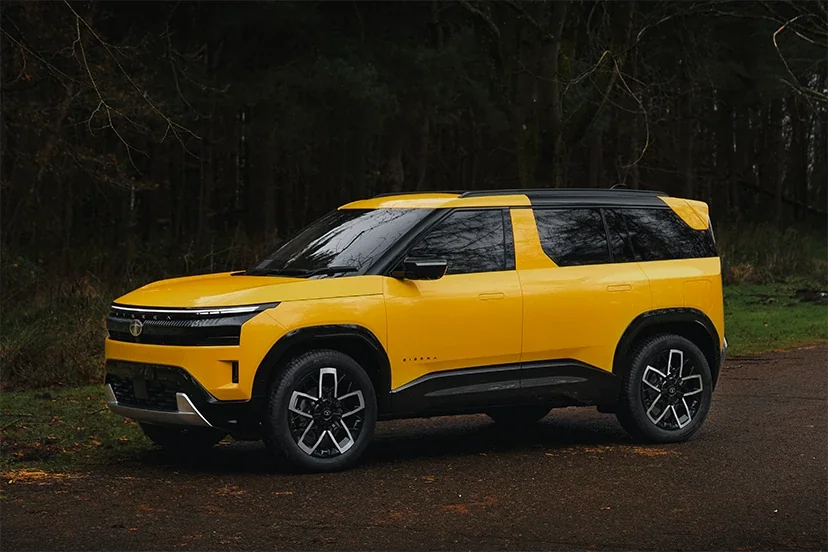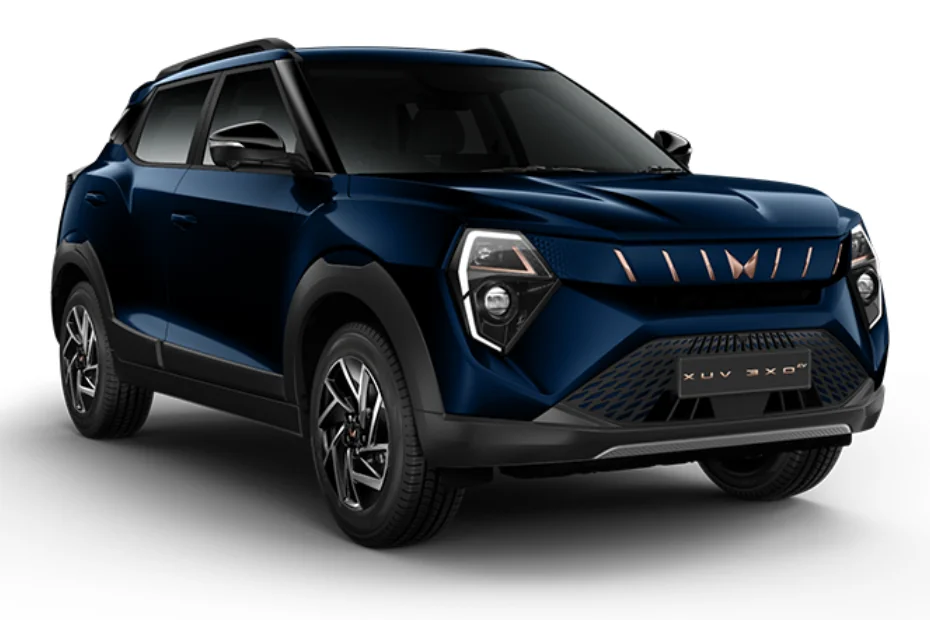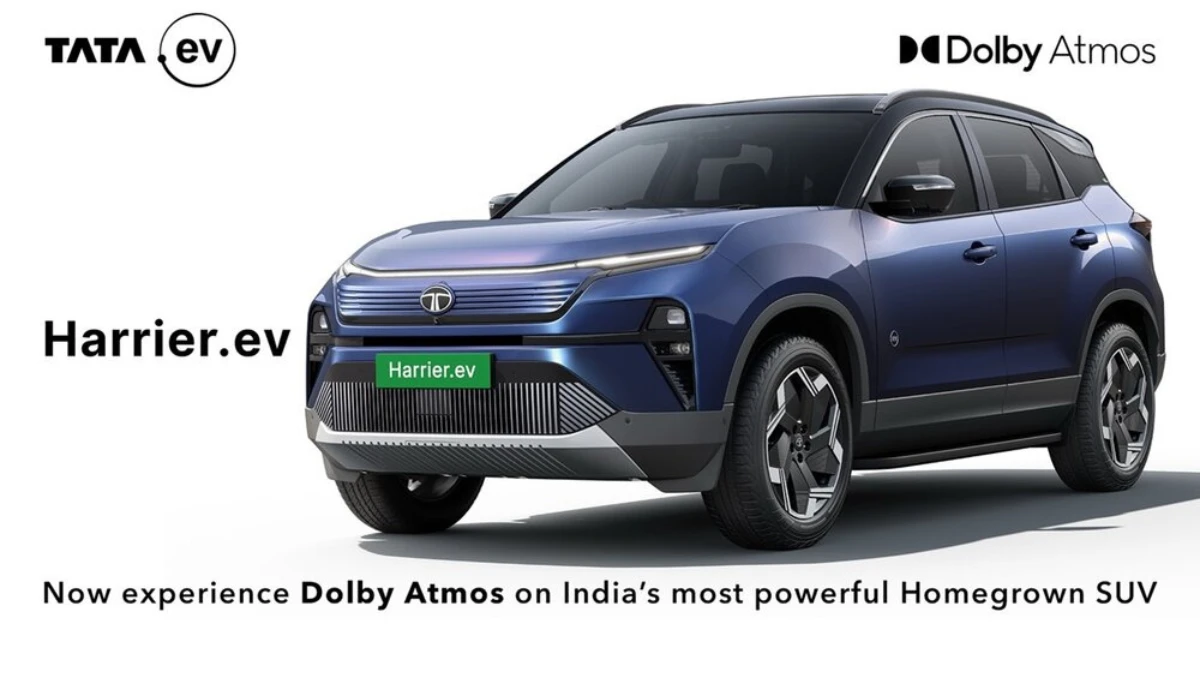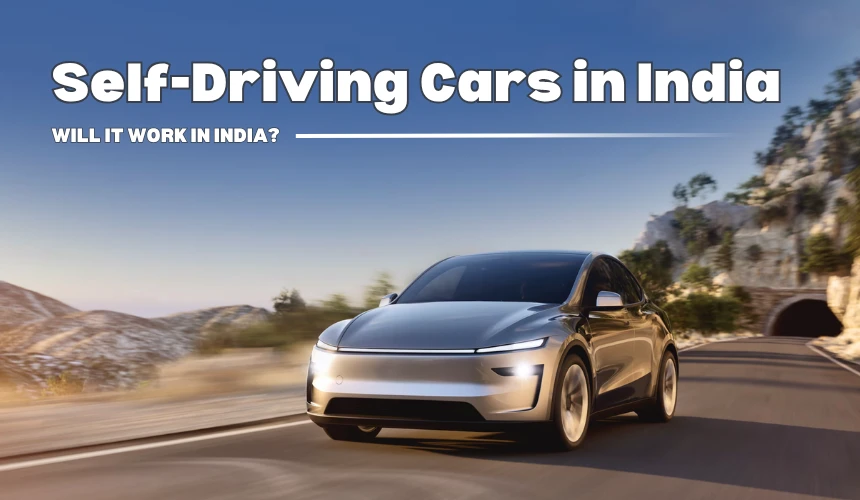
Electric cars are taking the automobile industry by storm not only in India but worldwide. With increasing environmental concerns and rising fuel prices, EVs are becoming a great choice in place of traditional internal combustion engine vehicles. Like any innovation, electric cars have their list of pros and cons.
In this blog, let's go through the advantages and disadvantages of driving an electric car.
Pros of Electric Cars
Eco-Friendly and Sustainable
These electric engine cars produce zero tailpipe emissions, which makes them an environmentally very-friendly option compared to standard fuel engine cars. This contributes to a decrease in air pollution in the urban areas especially.
Lower Running Costs
Electricity is much cheaper and low costing than petrol or diesel, which means that it is lower running costs for EV owners. For example, charging an EV like a Tata Nexon EV costs around Rs 1-2 per kilometer, whereas a petrol car costs about Rs 6-8 per kilometer. The EV owners/buyers get subsidies from the government under schemes like FAME II which reduce the upfront cost of the EVs.
Reduced Maintenance
Items like electric motors and battery packs are more durable and need minimal maintenance over time. Electric vehicles have minimal moving parts than usual ICE cars, which eliminates the need for oil changes and wear and tear.
Smooth and Quiet Driving Experience
EVs provide instant torque that results in smooth acceleration and a quieter ride with no noise from the engine. This is very beneficial in traffic-heavy cities where stop-and-go driving is very common. Models like the Tata Curvv EV, MG Windsor EV, and recently launched Mahindra BE 6 are some of the most popular choices for their driving experience.
Future-Proof Technology
Electric cars are a part of making the transition to a cleaner energy solution. The infrastructure for charging stations will evolve and improve with the battery technology, which will appeal to an increase in EV driving.
Also Read: Best Cars for New Drivers: A Comprehensive Guide
Cons Of Driving Electric Cars
Limited Charging Infrastructure
One of the biggest issues is the lack of a widespread and reliable network for EV charging. Like, the public charging stations are very limited and mostly in metropolitan areas, as for home charging it requires space for equipment.
Higher Upfront Cost
While the running cost is lower, the initial purchase price of the EVs is on the higher side than ICE vehicles which is due to the cost of lithium-ion batteries. This leads to limited accessibility of these cars among the people as compared to the standard petrol and diesel car variants.
Range Anxiety
The fear of running out of charge before reaching a charging station is kind of a factor issue that most EV owners have. The most affordable EVs like the Mahindra XUV400 or Tata Tigor EV offer a range of about 200-300 km on a full charge which is not sufficient for long trips.
Long Charging Times
Charging an EV takes up a good amount of time which is longer than refueling a petrol or diesel car. Even the fast charger takes around 1-2 hours for a full charge, which is quite inconvenient for drivers with tight schedules. The process for the charging of these EVs becomes a very time-consuming task for the owners.
Limited Model Choices
The EVs in the Indian market still do not that of a vast range, we have limited model options to choose from whereas ICE vehicles have a dozen models and variants. In the Indian EV market, we still have yet to have luxury brands like Tesla or Rivian.
Conclusion
Driving an electric car comes with various benefits, such as reduced running costs, low maintenance, and an eco-friendly footprint. Yet, it comes with some cons like limited charging stations/infrastructure, high upfront cost, and range anxiety that make the customers take a step back from buying an electric car.
As India continues to invest in the infrastructure for EVs and battery technology, the transformation to electric mobility will become much more accessible and convenient. As of now, EVs are a smart choice for people who are environmentally conscious with predictable daily commutes. Keep these pros and cons in mind before making a switch to EVs directly and embrace futuristic and sustainable transportation.
Also Read: Electric vs. Hybrid Cars: Which One Is Right for You?
About Author
Ankita Solanki is a versatile desk writer who explores the world of automobiles with her writing on the latest industry trends and norms. Combining technical expertise with a reader-friendly approach, Ankita's content is accessible to both car enthusiasts and casual readers.
Top Car Brands in India
Top Car Brands in India
Trending Car News in India
Trending Cars in India
Trusted Dealer
All Over India
Irresistible Offers
Stay Updated, Pay Less
Compare Cars
Choose the Right Car
Easy Finance
Multiple Finance Options

Monday - Saturday
10:00am - 6:30pm
+91 7947722777, +91 7479000444, +91 9311718549
contact@carlelo.com









